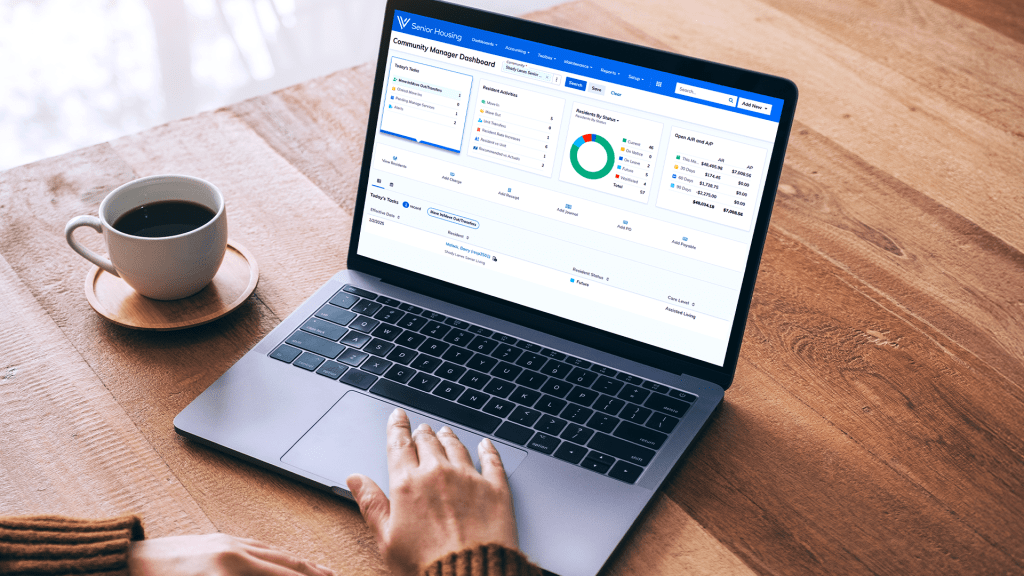By Yardi Blog Staff on March 16, 2012 in Technology
 If you have any Google services (and who among us does not?) then you probably received multiple notices that on March 1 Google implemented a new privacy policy designed to replace a hodgepodge of 60+ old privacy policies, spread across an array of their services. Google gives their take on it here.
If you have any Google services (and who among us does not?) then you probably received multiple notices that on March 1 Google implemented a new privacy policy designed to replace a hodgepodge of 60+ old privacy policies, spread across an array of their services. Google gives their take on it here.
The bottom line is, Google keeps and uses a lot of your personal online data: search queries, browsing habits, contacts, emails, and more. If you are interested in minimizing (or completely eliminating) the data that Google keeps, you have options available.
Managing your accounts
Want to get a handle on your account(s) and maximize your privacy options? Here are some suggestions to help keep sharing to a minimum:
- Log in to your Google dashboard to get an overview of your Google accounts & services. Explore a little and clear services & data you do not want under your account.
- Clear your web history – this will erase all items from your web history and stop your web history from being recorded in the future. From your web history page, just click “Remove all Web History.”
- Opt out of personalized ads. These are generated based upon your search queries or content in Gmail messages. To disable, simply go to your ads preferences page and click “Opt out.”
- Download your data. Google Takeout allows you to download a copy of all your data stored in Google products. This gives you a bird’s eye view that can help you pick and choose what to keep and what to eliminate. Note: not all products are currently supported.
All of these options include varying levels of customization for partial elimination of data sharing: clear only parts of your web history, block only certain advertisers, etc.
 Taking your ball and going home
Taking your ball and going home
If you truly cannot stand the thought of Google having a window into your online professional and personal life, then there may be only one viable solution: nuke your account from orbit, it’s the only way to be sure. This means saying goodbye to everything – Gmail, Google +, Google docs, and more.
At least they make it easier than Facebook. All you need to do is go to your account settings page. At the bottom, under Services, click the appropriately-labeled “Close entire account and delete all services and info associated with it.” They hit you with one last plea to make sure you really, truly, totally want to go through with this… then follow the instructions and end by clicking “Delete Google account.”
Legal opposition?
The EU has been active in standing up to U.S. tech giants with the power to crowd out competition – witness recent anti-trust woes in Europe for Intel, Microsoft, and Apple among others. Google may soon join the club, an honor they doubtless regard dubiously.
French data regulator Commission Nationale de L’informatique et Des Libertes (CNIL) has gone on record that it has “deep concerns” about the new privacy policy: “Preliminary findings show that Google’s new policy fails to meet the requirements of the European Data Protection Directive regarding the information that must be provided to data subjects.” Long story short, CNIL wants Google to be more transparent and share with users the specifics of what data is saved and, more importantly, what they intend to do with it. Whether the EU presses the issue legally – and whether U.S. regulators express similar concerns – remains to be seen.
How much is too much when it comes to keeping tabs on what you do online? Google is a tough habit to break – are there any alternatives? And is this the direction that the Internet is inevitably headed, or is it possible to imagine a future where our every keystroke is not transformed into a commodity?


